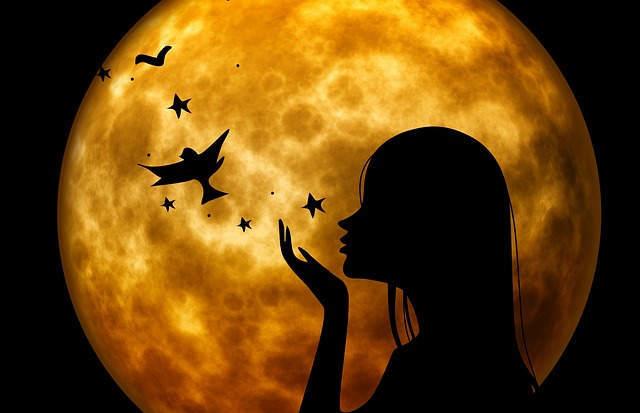All of you know that I cannot image life without my friends. Knowing my peeps are out there in the world helps me to face each day with courage and confidence; I know beyond a shadow of a doubt that I am not alone and need never face adversity or joy without someone with whom to share it. The reality of that certainty is literally life changing and I count my blessings each and every morning and evening and never take my good fortune for granted. I've joked that my best friends (and I include my beloved husband on this list) would fly halfway around the world to give me a tissue if I sneezed. Why am I regaling you with stories of my fabulous friends? Because I just finished reading Rose Montague's last installment of the J'Amigos Trilogy, Jill. At the center of this series is the friendship between the three J'Amigos—Jade, Jane and Jill. One is a vampire, one is a faerie queen and the last is a little bit of everything. They come together against difficulty and danger and become fast friends along the way. What is remarkable about this trio is the level of commitment and support they offer each other. Taken over the course of the three books, their friendship evolves as an inspiration and a blueprint for foundational relationships that all of us should be lucky enough to follow.
The question of how to be a friend stymies many folks. We can take a page from the three J'Amigos and highlight that being a true friend means showing up when we're needed. Even when it's inconvenient. Or even potentially dangerous. Friends don't let friends go through Hell by themselves. Or even to the Underneath, where Jill has been banished, and from which there is no escape. With friends, all things are possible -- even Houdini-esque exits from places where Camus would be comfortable.
Many of us feel this way about our families—we shut up and show up because they are blood and we're obligated. But it feels different when it's a friend in need. Friends are the family we choose. We choose to be tethered to our friends and to show up for them even when it’s inconvenient. We get bigger kudos for showing up for our friends than we do for our family in some ways, when in reality it should be the opposite, if merit were measured in terms of the perceived weight of the burden. Helping my friends feels like a privilege. Helping my family can sometimes feel heavier.
I was with my mother extensively during her last six months. She made multiple trips to the hospital for falls, heart trouble, pneumonia, etc. She was a mess that I was stuck cleaning up. I didn't even like my mother, but I felt it was my responsibility as her daughter to be there for her. After all, if honoring our mothers and fathers were easy, they wouldn't have made it a commandment. So, I carried out all of my filial duties. And it was no fun at all—not that death and dying are ever much fun, of course.
Contrast this with showing up for my friend when she was going through cancer treatments. Also no fun. Except it was. We made it fun. And a truly horrible situation was a bit less horrible because we were together. She knew she could count on me. And I was grateful for the opportunity to be there for her. Or another time when a different friend was going through a messy divorce and my ability to fly across the continent to see her and let her know she wasn't alone was life-affirming at a very dark time. Again, my primary feeling was overwhelming gratitude that I could be there. There is nobility in showing up for an amigo that is rarely there in fulfilling familial obligations.
And when my friends have shown up for me? Priceless. My friends made the difference between total despair coupled with overwhelming grief and a feeling that life was still worth living. Albert Schweitzer said that sometimes our own flames go out and are rekindled by another so that we may burn brightly again. He advises us to be grateful to those who light our fires. It's good advice.
For me, and apparently for Jade, Jane and Jill as well, having good friends means being a good friend. These are, or should be, very mutual relationships, filled with give and take, push and pull and mutual support. This does not mean keeping score or bailing when things get a bit one-sided. Over the course of a lifetime friendship, the see-saw is going to tilt one way or the other, sometimes for a period of time. Life happens. And sometimes things get strained. But like the J’Amigos we go one holding each other up regardless because that’s what friends do. Or should. So thank you to Rose Montague for illustrating the art of friendship and showing us all how to be a friend and have a friend.







